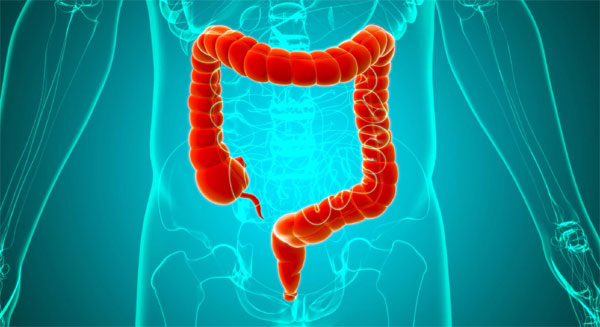Daijiworld Media Network - New Delhi
New Delhi, Oct 11: A new study has found compelling evidence that the trillions of microbes living in our gut may play a direct role in influencing mental health, potentially transforming how we approach conditions like depression, anxiety, and even schizophrenia.
Researchers from the University of South Australia have uncovered the strongest proof yet that changes in gut bacteria can alter brain chemistry, stress responses, and behaviour — opening up new possibilities for treatments. Their findings were published in the prestigious journal Nature Mental Health.

Lead author Srinivas Kamath, a doctoral candidate, described the gut-brain connection as "one of the most exciting frontiers in mental health research," emphasizing how microbes in the digestive system communicate with the brain through chemical and neural pathways. "We know they affect our mood, stress levels, and cognitive function. But the big question is: are they driving mental illness, or just reflecting what's happening elsewhere in the body?" Kamath said.
The study reviewed a wide range of previous research and found strong causal links in animal models showing that disruptions in gut bacteria can lead to mental health symptoms. It also found that interventions like probiotics, dietary changes, and even faecal microbiota transplants have shown promise in improving symptoms of depression and anxiety. Interestingly, the researchers also noted that psychiatric medications can alter the gut microbiome, further highlighting the bidirectional link between gut health and brain function.
Co-researcher Dr. Paul Joyce highlighted the urgency of this work, pointing out that mental health disorders affect nearly one in seven people globally — around 970 million individuals — with depression and anxiety among the leading causes of disability. Current treatments don't work for up to one-third of patients, making the need for new approaches even more critical.
“If we can prove a direct role for gut bacteria in mental illness, it could completely reshape how we diagnose, treat, and prevent these conditions,” Joyce said. He added that microbiome-based therapies — including probiotics, prebiotics, and personalized nutrition — could offer safe, affordable, and culturally adaptable tools that enhance current treatments.
The researchers stressed the need for future large-scale and long-term studies that track gut changes over time, while also factoring in variables like diet, environment, and cultural influences. These would help build a clearer picture of how deeply gut health is linked to mental wellbeing — and how it can be harnessed for better outcomes.